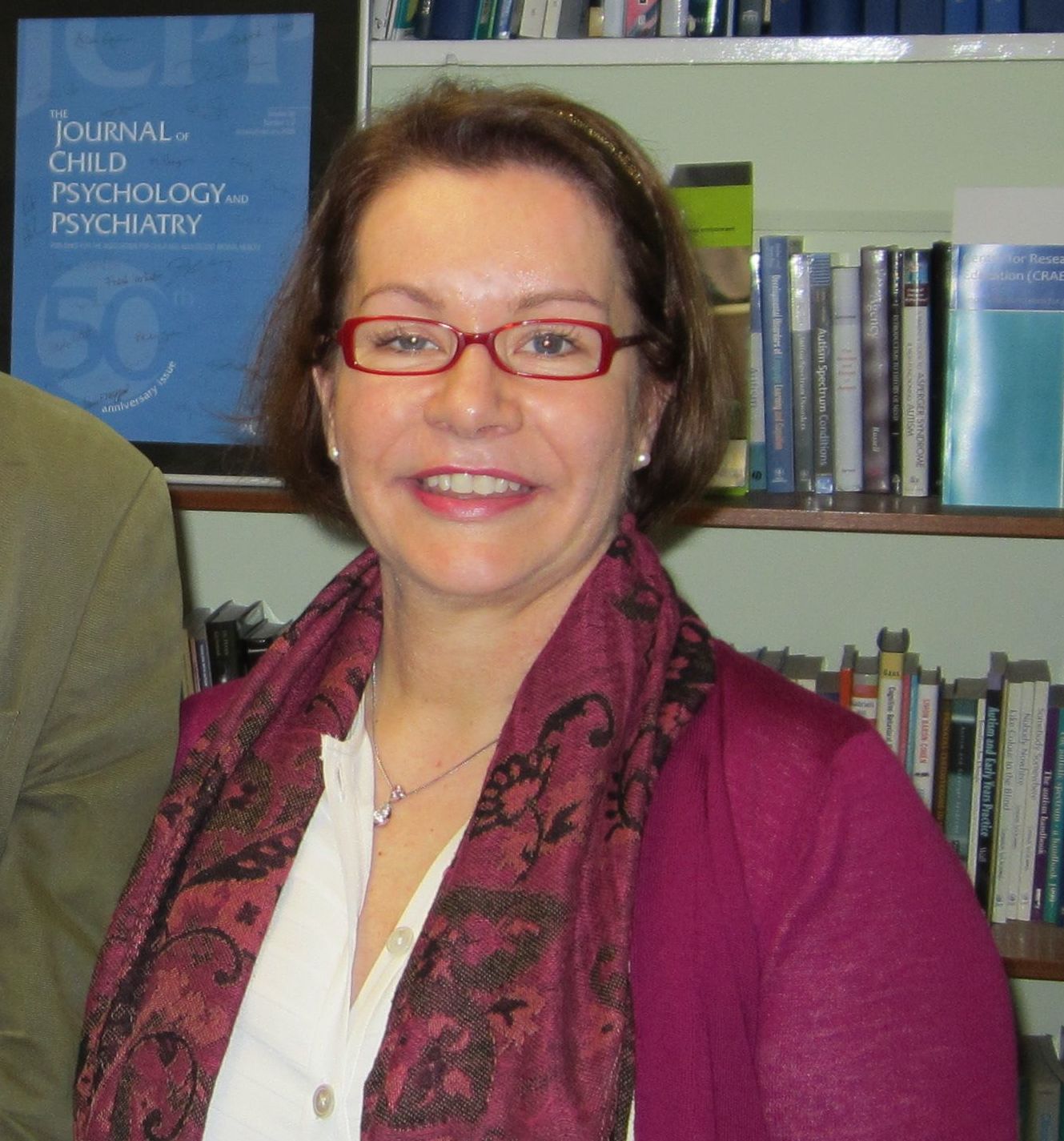|
||||
|
||||
Research conducted by Dr Julie Peterson: The Psychological Concept of Fusion: Hedonia or Self/Other Confusion? The Other Side of the Coin: Exploring the Role Punishment Plays in Maintaining Close Relationships Both quantitative and qualitative research was conducted and completed as a part of a Doctorate in Psychology (Clinical) at Macquarie University. This research was designed to gain a comprehensive understanding of the features and functions of punishment in close relationships. The overall findings of this research suggest that, from a functional perspective, forgiveness is only one of a variety of options available to partners when they are attempting to negotiate interpersonal challenges, and that at times, punishment can play an important role in relationship maintenance and repair. The Effectiveness of Group Cognitive Behavioural Social Skills Interventions for Teenagers with Asperger's Syndrome: A Case Series. |
||||
|
Copyright Embracing the Other Half Psychology Clinic
|

